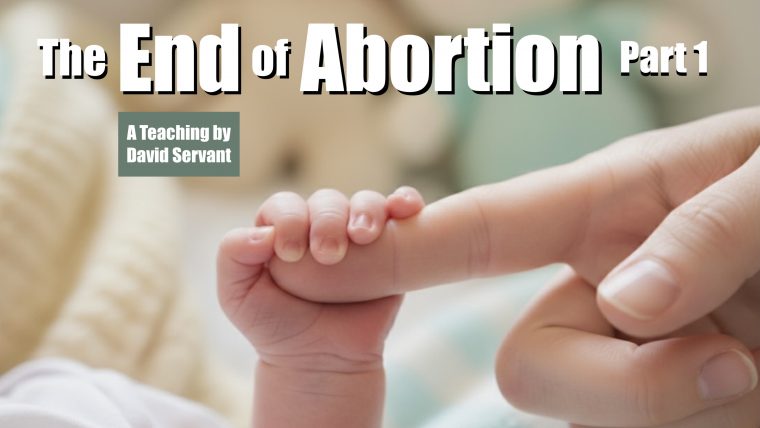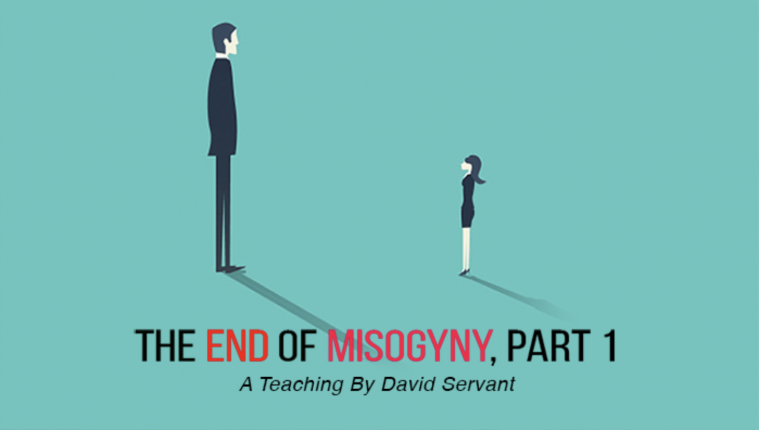
If someone had written an article in the London Times during its first year of publication, 1785, titled, “The End of the Slave Trade,” no reader would have taken it seriously. Britain had dominated the Atlantic slave trade for 200 years. Slavery was an entrenched institution.
In 1787, however, a tiny Quaker and Anglican abolitionist society began working to influence public opinion. They were eventually joined by a born-again politician named William Wilberforce, and in 1791 he introduced his first bill before Parliament to abolish England’s slave trade. That bill was soundly defeated.
Just about every year thereafter for the next 20 years, Wilberforce introduced a motion for abolition that was voted down, a drawn-out battle that is well dramatized in one of my favorite movies, Amazing Grace. Wilberforce’s persistence was finally rewarded in 1807, when Parliament voted in favor of abolishing the slave trade. Slavery itself was not abolished by Parliament for another 26 years, in 1833.









